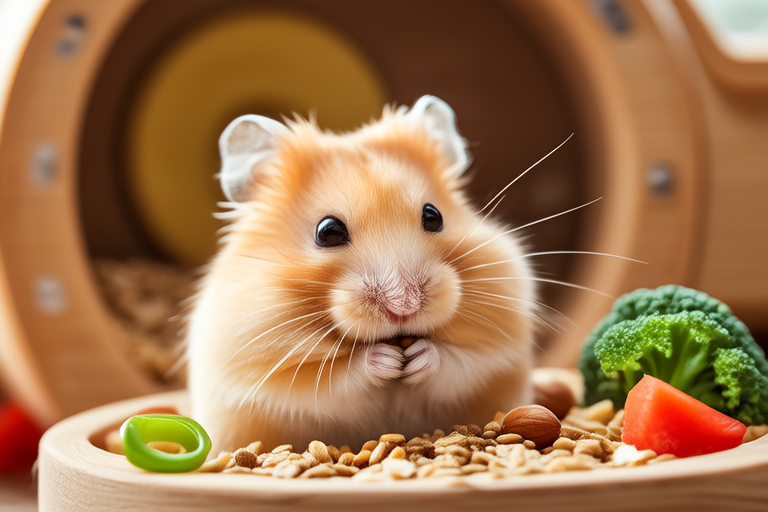Hamster Diets Decoded: What You Need to Know for Optimal Health!
Welcome to the fascinating world of hamster nutrition! Ensuring your furry friend enjoys optimal health starts with understanding their dietary needs. This guide will decode hamster diets, providing you with everything you need to know about feeding your hamster correctly.
Essential Nutrients for Hamsters
Hamsters require a balanced diet rich in essential nutrients to thrive. Protein, fats, carbohydrates, vitamins, and minerals are vital for growth, energy, and overall well-being.
- Protein: Essential for muscle development and repair.
- Fats: Provide energy and support healthy skin and coat.
- Carbohydrates: Offer quick energy sources.
- Vitamins: Including vitamin C, which helps in collagen synthesis and immune function.
- Minerals: Such as calcium and phosphorus, crucial for bone health.
Recommended Diet Types
Your hamster’s diet should consist of a variety of foods to ensure they receive all necessary nutrients.
Seeds
Seeds are a popular choice for hamsters but should be offered sparingly due to their high-fat content. A small pinch of sunflower or pumpkin seeds can serve as occasional treats.
Pellets
Commercially available hamster pellets provide a balanced mix of nutrients. Look for pellets formulated specifically for hamsters to avoid excesses that could lead to obesity or other health issues.
Vegetables
Vegetables offer a wide range of vitamins and minerals. Safe options include carrots, broccoli, and spinach. Introduce new vegetables gradually to monitor for any adverse reactions.
Fruits
Fruits should be given sparingly due to their high sugar content. Apples, bananas, and berries can be offered occasionally as treats.
Portion Sizes
Overfeeding can lead to obesity, a common issue among hamsters. Stick to recommended portion sizes:
- Seeds: A few per day.
- Pellets: One tablespoon daily.
- Vegetables: About one teaspoon per day.
- Fruits: A small piece, no larger than a thumbnail, once or twice a week.
